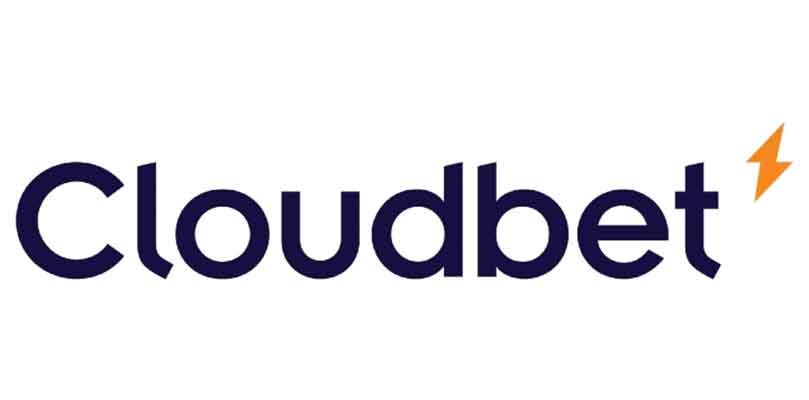The crypto betting business is booming, but there’s always an opportunity for new entrants to increase competition and usher in new ideas. CryptoGames is gaining popularity as a trusted place to gamble online using crypto. Featuring state-of-the-art safety protocols and entertainment options, the casino caters to customers from all over the globe. It also offers the newest and greatest cryptographic implementations of traditional casino games, a delight for cryptocurrency consumers.
A major selling point is that gamers from all around the globe may enjoy the Curacao casino without leaving their homes. That means that players may use any modern mobile device to have free and unlimited access to the casino. The site also consistently promotes safe and fair crypto gaming alternatives for players of all skill levels.
A Well-Rounded Package
When it comes to financial systems and providing a level playing field for crypto aficionados, CryptoGames leverages cutting-edge technology to ensure both. The casino features a complete collection of classic games, all of which provide modern crypto gaming experiences. Blackjack, Keno, Roulette, the Lottery, and six more standard casino games are all featured inside the casino’s sleek design.
As a whole, the platform’s games are designed to be simple to play and understand to appeal to the largest possible number of casual gamblers. All ten games are simple to pick up and play, but each has its own flavor and its own set of rules for how bets are handled.
As a result, CryptoGames is now recognized as a platform that consistently exhibits its commitment to fair and responsible gaming, therefore ensuring that all players may enjoy themselves in a risk-free environment. The 10 games all have distinct goals and features, so they are up to par with today’s requirements for video games.
After registering for an account, gamers may use their Play Money to try out nine different games at no cost.
A Solid Payment System
For a company like CryptoGames, which operates in the cryptocurrency industry, having a reliable payment system is essential. There are ten different cryptocurrencies available for use in the country’s financial system, which may be used for everything from transaction processing to playing games.
Even better, either fiat currency or cryptocurrency may be easily deposited into the system. Credit cards and an advanced monetary exchange system may also be used to make deposits and make trades.
Exchanges between other cryptocurrencies are also supported in CryptoGames, with the help of reliable aggregators. The casino also maintains an open and accessible list of services on its website, including things like the casino’s safety and privacy regulations, as well as its promotions, bonuses, and affiliate programs. Players who sign up for a free account at Play Money get instant access to the site’s rewarding system.









